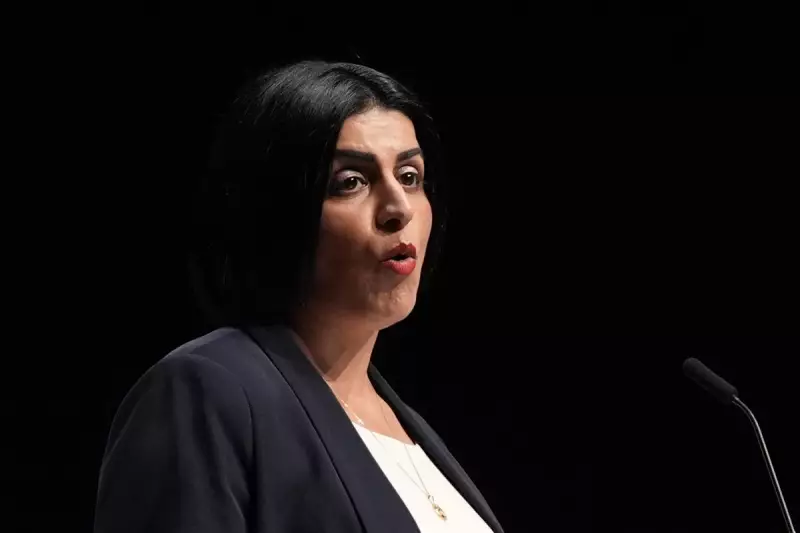
Major Shake-up to UK Asylum System Announced
Home Secretary Shabana Mahmood is set to announce significant changes to Britain's asylum policies on Monday, in what represents the government's latest attempt to tackle the small boats crisis in the English Channel. The reforms, which mirror aspects of Denmark's immigration system, aim to deliver on Mahmood's promise to do 'whatever it takes' to stop dangerous crossings.
Three Key Policy Changes
The home secretary will introduce three main measures that mark a substantial shift in how the UK handles asylum seekers. The most controversial change involves ending permanent refugee status, instead granting temporary protection that will be regularly reviewed. Under this system, refugees could be required to return to their home countries if conditions there improve sufficiently.
Critics argue this measure creates 'cruel uncertainty' for affected individuals and is unlikely to apply to significant numbers of asylum seekers. The Independent suggests that if implemented, the policy should include a time limit granting permanent status to anyone living in Britain for ten years.
The second major reform abolishes the legal duty requiring the government to provide accommodation and weekly financial support to asylum seekers awaiting application decisions. While intended to reduce incentives for economic migrants, opponents warn this could drive genuine refugees into destitution, as the Home Office lacks resources to investigate every applicant's financial means.
The third measure targets migrants' access to benefits, removing state support including housing rights from those permitted to work but choosing not to. This would affect both asylum seekers waiting more than twelve months for decisions and those already granted refugee status. The Home Office defends this by stating that 'many refugees remain unemployed several years after being granted protection, depending on taxpayer-funded benefits.'
Effectiveness vs Political Messaging
While Mahmood argues these changes address a 'powerful pull factor' attracting migrants to Britain, Home Office research contradicts this claim. Studies show most migrants have little knowledge of UK asylum rules or welfare policies, with the main attractions being the English language, family connections, and relatively low levels of racism compared to other European countries.
The timing of these announcements, coming just months after Mahmood's appointment as home secretary in September 2025, suggests a government keen to demonstrate firm control over immigration. However, questions remain about whether these policies will effectively deter Channel crossings or merely reinforce anti-immigration sentiment.
As the debate intensifies, concerns grow that these measures risk undermining Britain's reputation as a 'tolerant, open and generous' nation while doing little to address the root causes of irregular migration. The success of Mahmood's reforms will ultimately depend on whether they can balance effective border control with Britain's humanitarian obligations.





